
Online lifestyle trial boosts cognition in older Australians: new study
January 29, 2025Cognitive decline can lead to dementia, making improving cognition as you age key to prevention.

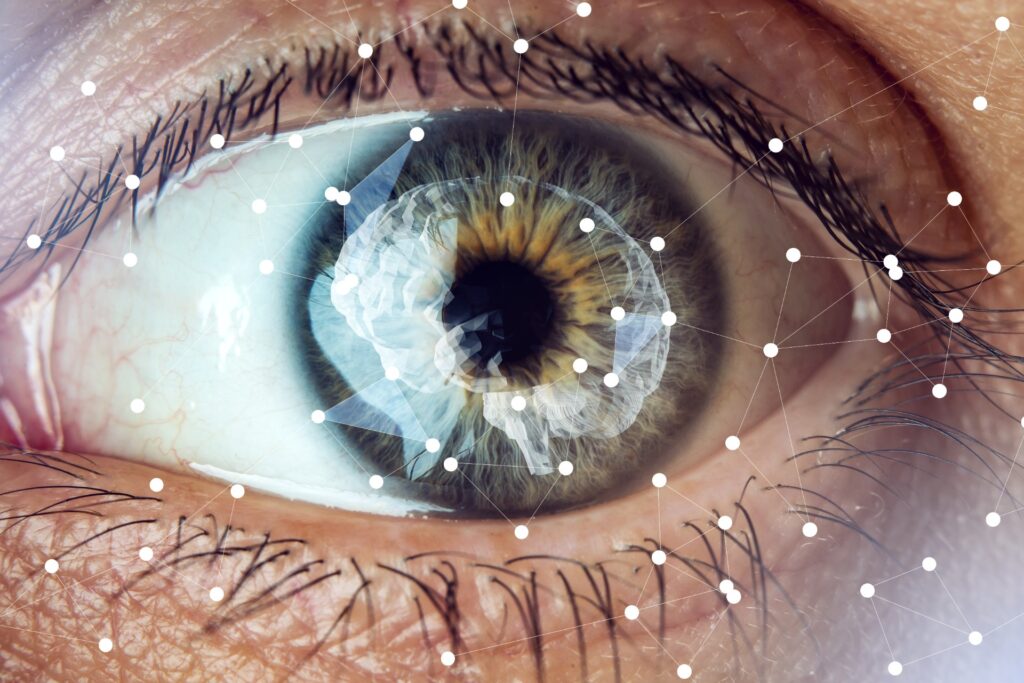
Mind blindness decoded: people who can’t see with their ‘mind’s eye’ still activate their visual cortex, study finds
January 11, 2025People with aphantasia still have a blueprint for mental imagery, even if they can't consciously 'see' it.


Naxolone can reverse opioid overdose. Here’s why you might need some at home or in your bag
December 17, 2024Naxolone, known by brand names Nyxoid or Narcan, rapidly reverses the depression of the central nervous and respiratory systems caused by opioids.


5-day brain stimulation may prevent future pain
December 3, 2024Chronic pain is a significant global health challenge, affecting nearly 20 per cent of the world's population. Researchers from NeuRA and UNSW have discovered a preventative brain stimulation technique that could stop chronic pain before it takes hold, offering new hope for millions who live with this debilitating condition.


Professor Matthew Kiernan AM awarded the 2024 GSK Award for Research Excellence
November 19, 2024Professor Matthew Kiernan AM, CEO and Institute Director at NeuRA and Scientia Professor of Neuroscience at UNSW, has won the prestigious 2024 GSK Award for Research Excellence for his work in neurodegenerative diseases.

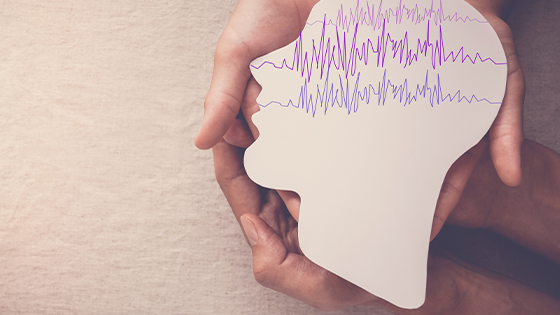
Stroke associated with long-term cognitive decline
November 19, 2024New evidence from the Centre for Healthy Brain Ageing (CHeBA) indicates that older adults who experience a stroke for the first time will have substantial immediate and accelerated long-term cognitive decline.


Rise in suicidal behaviours among young people linked to hotter temperatures
November 19, 2024Hot weather has been linked to an increase in suicidal thoughts and behaviours among young Australians, new research shows, prompting calls for an overhaul of public health approaches to higher temperatures.


Fit kids have better mental and physical health. What’s the best way to get them active?
November 19, 2024While the benefits of fitness for children are clear, physical activities should be done in a safe and fun way.

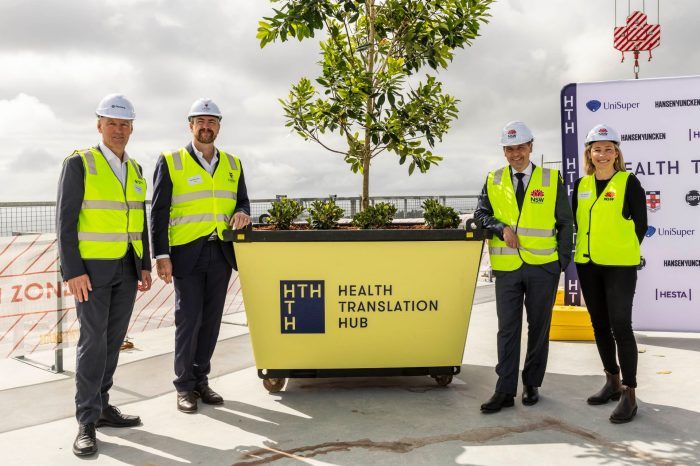
UNSW Health Translation Hub reaches new heights
November 18, 2024The facility will offer students the opportunity to work side-by-side with researchers on real-life cases.


Practising culture on Country can improve Aboriginal people’s health and wellbeing
November 18, 2024In Aboriginal knowledges, the health of people, family, Mob, culture and Country involve spiritual, emotional and physical dimensions.


Here’s what UNSW will be telling COP29 about how climate change is harming young people’s mental health
November 18, 2024Young people worry about climate change. But the impact on their mental health is more than anxiety about the future. Increasing heat and other effects are already influencing poor mental health.

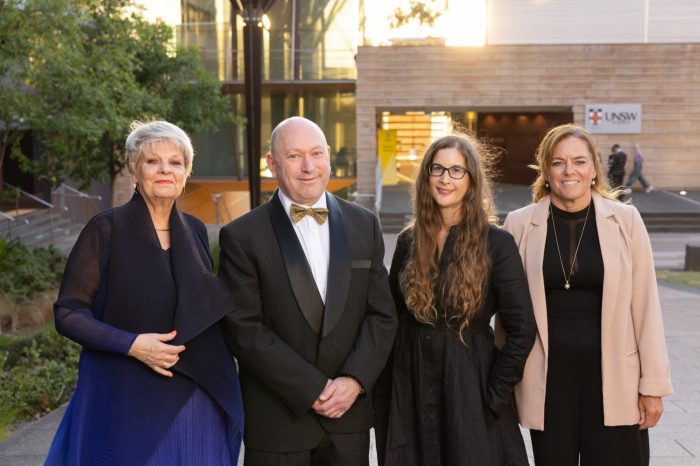
2024 Australian Mental Health Prize winners announced
October 8, 2024Four Australians have been recognised, including a researcher who's created an equine therapy program for Aboriginal youth and an academic who's reshaped the treatment of psychiatric disorders globally.


New Study Links Cognitive Function to Fall Risk in Older People
October 8, 2024A recent study has provided compelling insights into the connection between cognitive function and fall risk in older people.


Long COVID cost the Australian economy almost $10 billion in 2022 – new research
September 2, 2024We calculated lost productivity due to long COVID. The impacts were greatest among people aged 30 to 49.


Brain Health and Prevention | World Brain Day
August 5, 2024For decades, researchers and the community alike have awaited a 'silver-bullet' style drug to treat Alzheimer's disease, the major cause of dementia which accounts for over 50% of cases. Available medicines reduce symptom progression but do not alter progression of the disease. What the results of multiple trials and the cost of any treatments has highlighted is a more fundamental issue: even if we do find a therapeutic treatment, it won't proactively prevent future genrations from developing the disease.

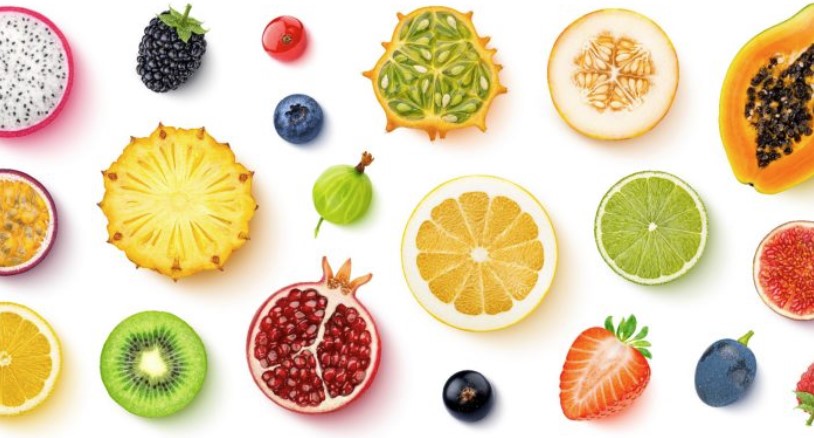
Research suggests higher intake of fruit reduces development of depression
July 1, 2024Globally, depression is a major public health concern. According to the World Health Organisation it is the largest contributor to non-fatal burden of disease, with more than 80% of this burden represented across low- and middle-income countries.


Why eating disorder care must be geared to neurodivergent patients
July 1, 2024One-third of people with an eating disorder are neurodivergent, yet traditional eating disorder research and treatments haven’t factored this into the equation.


Teenagers with ADHD more likely to self-harm, research shows
July 1, 2024New research has highlighted the higher risk of self-harm and suicide among teenagers with ADHD and the need for better-tailored intervention strategies.


Ketamine in tablet form shown to reduce symptoms of severe depression
July 1, 2024Recent research by Institute members has highlighted significant gender differences in how cognitive resilience factors influence the risk of mild cognitive impairment (MCI).

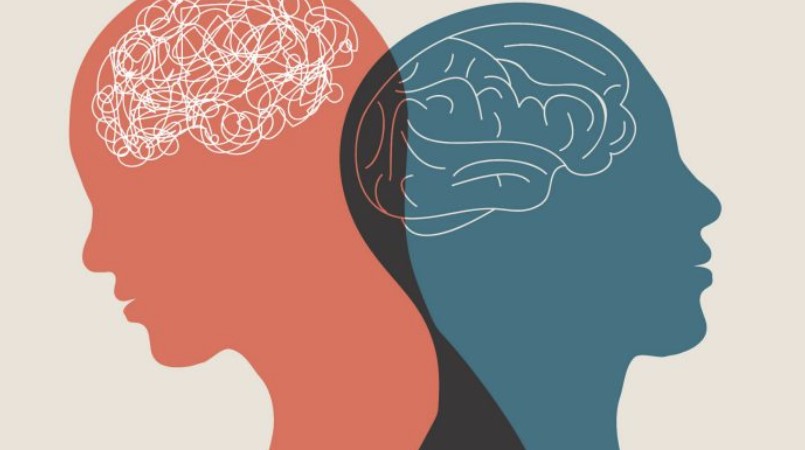
New Research finds Gender Differences in Cognitive Resilience and Mild Cognitive Impairment
July 1, 2024Recent research by Institute members has highlighted significant gender differences in how cognitive resilience factors influence the risk of mild cognitive impairment (MCI).

Brings together the strengths of four founding organisations





